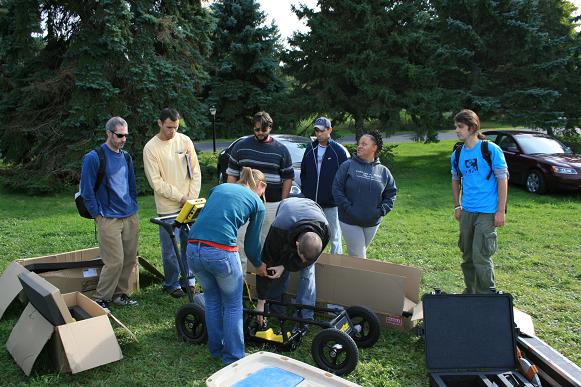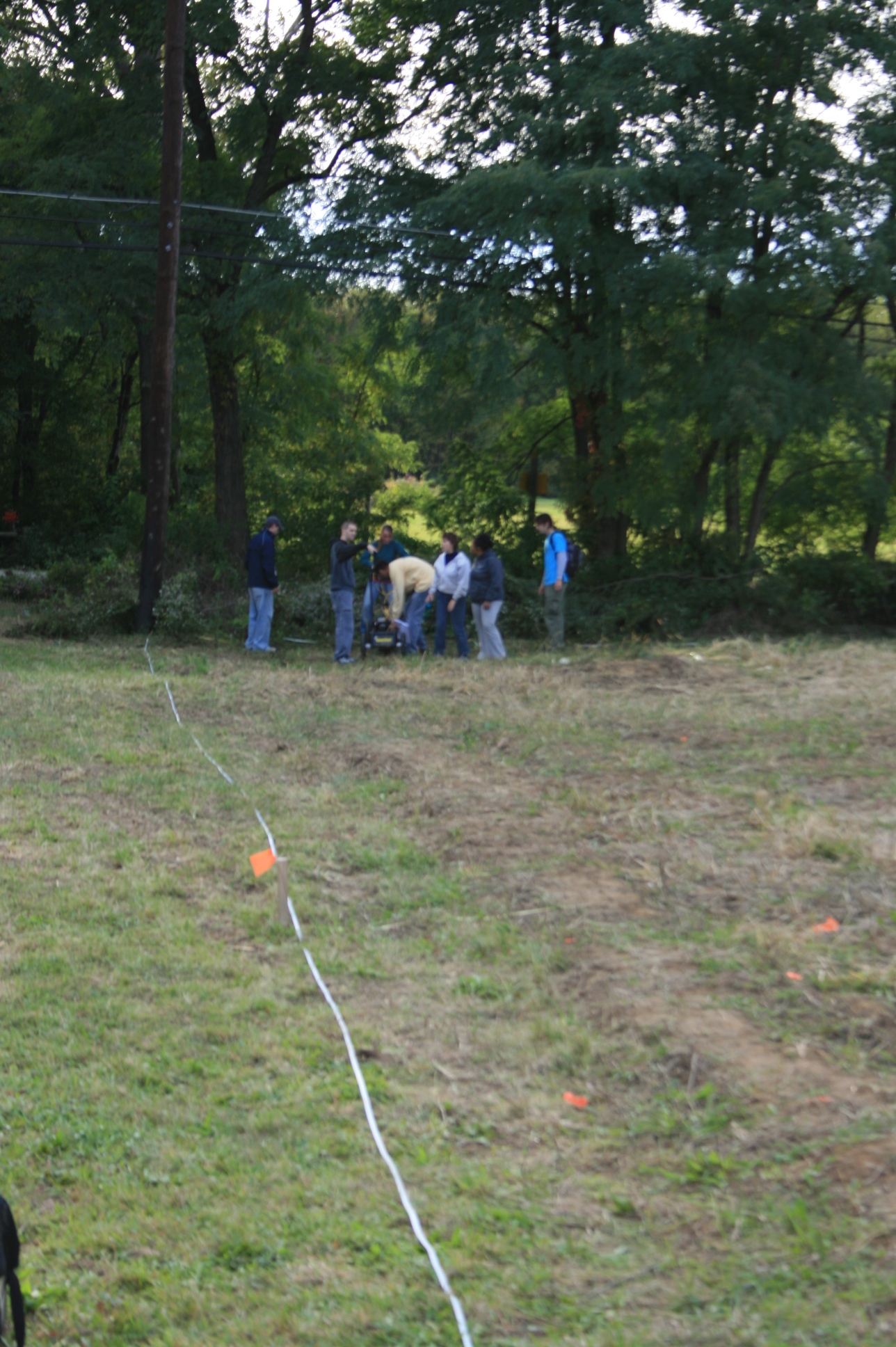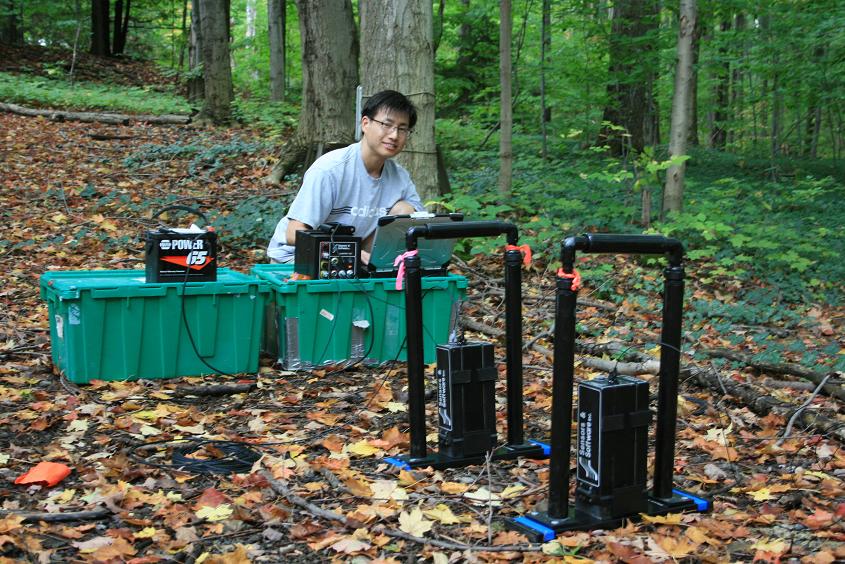COURSES
GLY 325 (Spring) - Geophysics/Structure/Tectonics
The course is designed to help you: (1) grasp the basic physical and mathematical concepts behind various geophysical techniques (active-source seismology, earthquake seismology, gravity, magnetics, and heat flow); (2) understand how various geophysical techniques help us better define the Earth's structure and composition; (3) gain hands-on experience with several geophysical equipments/tools; and (4) improve scientific research and writing skills. See the "Course Outline" for topics and dates.
GLY 419/519 (Fall) - Environmental Geophysics
This course provides an introduction to field geophysical methods that are widely used for solving environmental problems. The methods that will be discussed include ground-penetrating-radar, DC resistivity, induced polarization, refraction/reflection seismology, potential methods (gravity, magnetics), and electromagnetic methods. Also will be discussed are geophysical well logging, geophysical field survey planning, data acquisition techniques, data processing, analysis, and interpretation, and data fusion approaches. Lectures focus on theory and methods; while the field exercises emphasize hands-on use of instruments and proper planning and execution of field surveys. The objective of the course will be to perform and interpret an integrated study of a field area using the entire array of methods available. The range of applications covered includes mineral and hydrocarbon exploration, but the greatest emphasis is on the use of geophysics in environmental and groundwater investigations, for example, the determination of depth to bedrock, depth to water table, monitoring water saturation variation using time-lapse data, etc. This course is highly recommended for students with interests in environmental geosciences, as well as for students majored in geology, environmental engineering, civil engineering, and archaeology, who need an overview of modern geophysical methods relevant to their discipline. Previous courses in Geophysics (and/or Hydrology/Statistics) are helpful but not required with the instructor's consent.
GLY 473/573 (Fall) - Geophysical Data Analysis and Inverse Methods
In applied sciences such as geophysics, quantitative analyses are essential tools to study time or space varying signals. The aim of this course is to teach students exploratory data analysis (EDA) techniques and various modern inverse methods. Exploratory data analysis helps analyze geophysical data for the purpose of formulating hypotheses worth testing and complementing the tools of conventional statistics for testing hypotheses; while inverse methods help reduce data to obtain useful infromation about the physical world on the basis of inferences drawn from observations. It is preferred to have background in linear algebra, calculus, and geophysics.
OTHER TEACHING EXPERIENCE AS ASSISTANT
"Physics for Scientists and Engineers", Physics, U.C. Berkeley, 2005.
"Soil Physics / Vadose Zone Hydrology", Civil and Env. Eng., U.C. Berkeley, 2005.
"Geostatistics and Stochastic Hydrogeology", Civil and Env. Eng., U.C. Berkeley, 2003-04.



